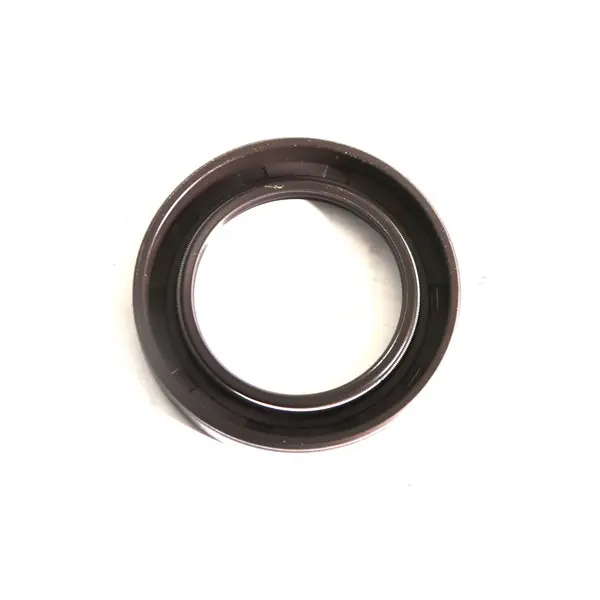10 月 . 21, 2024 11:22 Back to list
Understanding the Importance of Engine Oil Seals in Vehicle Maintenance
Understanding Engine Oil Seals Importance, Types, and Maintenance
Introduction
Engine oil seals play a crucial role in ensuring the smooth operation of an engine. These small yet vital components are designed to contain lubricating oil within an engine while preventing contaminants from entering the oil system. This article explores the importance of engine oil seals, the different types available, their functions, and maintenance tips to ensure longevity and reliability.
Importance of Engine Oil Seals
Engine oil seals are essential for maintaining the integrity of the lubrication system within an engine. They prevent oil leaks, which can lead to significant issues such as engine overheating, increased friction, and ultimately, engine failure. A compromised oil seal can also result in the loss of oil pressure, which is critical for maintaining proper lubrication throughout the engine components. Without adequate lubrication, the engine can suffer from reduced efficiency, increased wear and tear, and catastrophic failure.
Moreover, oil seals protect the engine from debris and contaminants, which can damage internal components. Keeping the oil clean and uncontaminated ensures that the engine operates smoothly and efficiently. Therefore, maintaining the condition of oil seals is essential for the overall health of the vehicle.
Types of Engine Oil Seals
There are several types of engine oil seals, each designed for specific applications and functions
1. Crankshaft Seals Found at the front and rear of the crankshaft, these seals prevent oil leakage and keep contaminants out. They are usually made of rubber or polymer materials designed to withstand engine heat and pressure.
2. Camshaft Seals Similar to crankshaft seals, camshaft seals are located at the ends of the camshaft. Their primary function is to keep oil contained while providing a smooth surface for the camshaft to rotate.
3. Valve Cover Seals These seals keep oil from leaking out of the valve cover. A failure in this seal can lead to significant oil leaks, causing a mess and potential engine damage if the oil levels drop too low.
engine oil seal

4. Timing Cover Seals Located between the timing cover and the engine, these seals help maintain oil within the timing mechanism, ensuring it functions correctly without leaks.
5. Gearbox Seals Although primarily associated with transmission, oil seals in the gearbox ensure that lubricant does not escape and contaminants do not enter, maintaining the system's integrity.
Maintenance and Inspection
Regular inspection and maintenance of engine oil seals are essential to prevent leaks and ensure the effective operation of the engine. Here are some practical tips for maintaining oil seals
1. Routine Checks Regularly check for signs of oil leaks under the vehicle. If you notice oil spots where the vehicle is parked, it may indicate a failing oil seal.
2. Monitor Oil Levels Keep an eye on oil levels in the engine. A significant drop in oil levels can indicate a leak or a failing seal.
3. Listen for Unusual Noises If you hear unusual sounds such as grinding or knocking, it may signal that lubrication is insufficient due to an oil leak, potentially linked to a faulty oil seal.
4. Professional Inspection Schedule regular maintenance checks with a qualified mechanic. They can perform thorough inspections to identify any issues with oil seals before they lead to more significant problems.
5. Replace Worn Seals If you identify a failing seal, it is crucial to replace it promptly. Delaying repairs can result in costly damage to the engine and its components.
Conclusion
Engine oil seals may be small components, but their importance cannot be overstated. They play a critical role in maintaining the engine's lubrication system, preventing leaks, and protecting the engine from contaminants. Understanding the different types of oil seals and their functions can help vehicle owners appreciate their role in overall engine performance. By routinely inspecting and maintaining these seals, drivers can ensure a longer, healthier life for their vehicle's engine, ultimately saving money and enhancing reliability on the road.